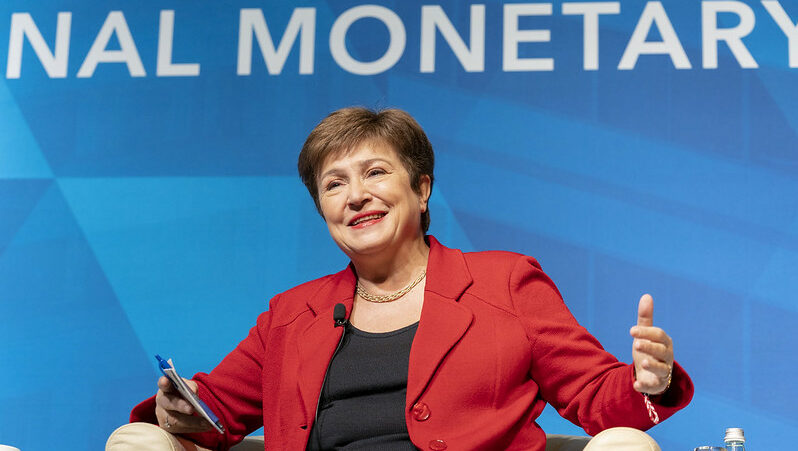IMF chief warns about dangers of economic recovery expectations by administrations

International Monetary Fund (IMF) head Kristalina GEORGIEVA has noted that prospects for recovery are dangerously diverging between countries and regions, warning that “strong policy actions must be taken to reverse this dangerous divergence between countries and within countries.”
IMF head wrote a blog post titled “Preventing the Great Divergence: a path for the global economy” before the G-20 meeting of Finance Ministers and central bank presidents, to be held via video conference on February 26th.
In her article, Georgieva reminded that the global economy is expected to grow 5.5 percent this year and 4.2 percent in 2022, but stressed that the rise of the global economy would be long and uncertain. She wrote; “Prospects for recovery are dangerously diverging between countries and regions” pointing out that most of the world was facing a slow distribution of vaccines in an environment where new virus mutations were spreading.”
“THE GLOBAL ECONOMY IS AT A CROSSROADS”
She said, “While advanced economies and a few emerging markets are recovering faster, there is a big risk that most developing countries will experience years of recession” adding that the global economy was at a crossroads.
She noted following as well; “At the end of next year, cumulative per capita income in developed economies is projected to be 13 percent below pre-crisis estimates. This figure is 18 percent for low-income countries and 22 percent for developing countries other than China.”
Georgieva warned that this expected crackdown on per capita income would increase the number of extremely poor people in the developing world adding following; “Before the crisis, the income gap between developed economies and 110 emerging and developing countries was predicted to narrow in 2020-2022. However, now only 52 economies are projected to catch up with this gap, while 58 will lag behind. Even in the best-case scenario, most developing economies are expected to enter widespread vaccine coverage only at the end of 2022 or later. The reason for this is as partly unequal access to vaccines.”





